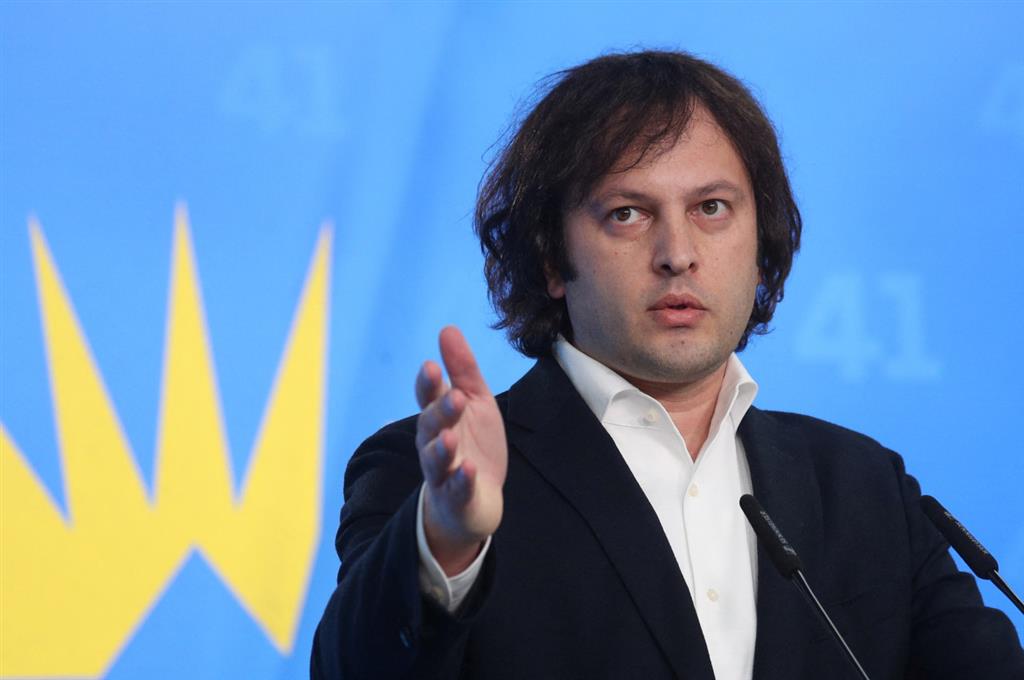“Foreign funds are used in Georgia for political purposes and during the elections there was an unprecedented intervention from abroad, including foreign money”, said Kobajidze, who was optimistic about the possibility of improving relations with the European Union in the coming months after the formation of the new Government and the elections in the United States.
The main reactivation will begin from the next quarter, Kobajidze said.
Representatives of opposition parties who won seats in Parliament as a result of last Sunday’s parliamentary elections will join in, earlier than expected, despite their statements about boycotting the process, the politician added.
The ruling Georgian Dream party led the vote with 53.93 percent of the votes, while four opposition parties (United National Movement, Coalition for Change, Gajaria for Georgia and Strong Georgia) together received 37.78 percent.
The special coordinator of the short-term mission of the Organization for Security and Cooperation in Europe (OSCE), Pascal Allizard, pointed out the good organization of the elections, however, he noted that observers recorded a number of violations.
In turn, the four opposition parties and Georgian President Salome Zurabishvili refused to recognize the results. Even more, the president called them “a total falsification” and urged the Georgian people to protest.
The European Commission declared on Thursday that the process of Georgia’s accession to the EU is practically suspended “due to the course of actions undertaken by the Georgian government.”
jrr/llp/npg/gfa










